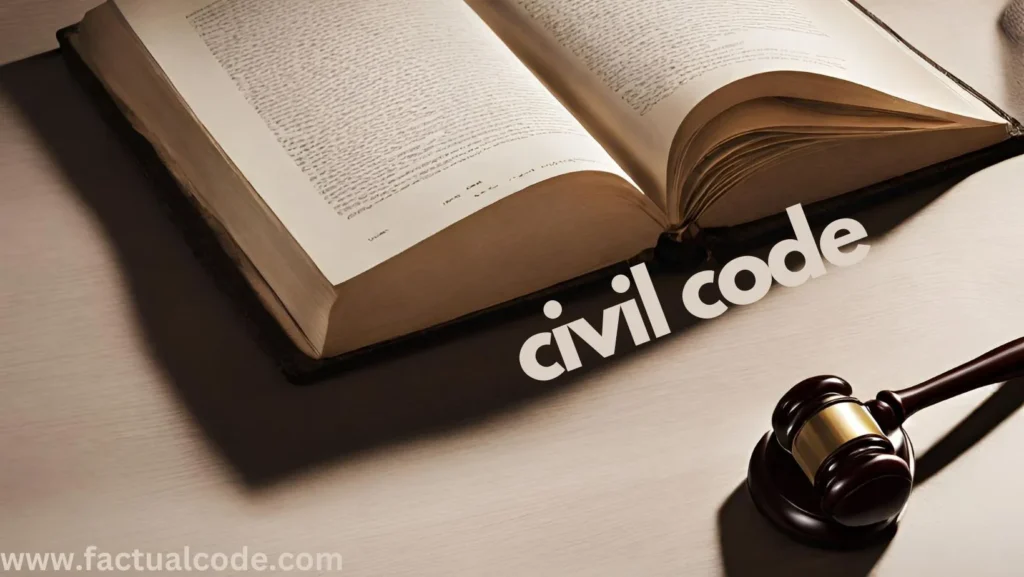The Code of Civil Procedure, 1908 (CPC), under Order XXVI, empowers courts to appoint commissions as a procedural mechanism to enhance judicial efficiency and ensure comprehensive fact-finding in cases where direct judicial intervention is impractical. The commission functions as an auxiliary tool, particularly in matters requiring local investigations, scientific evaluations, witness examination, or property partition. Below is an in-depth analysis of the circumstances warranting the appointment of a commission:
1. Examination of Witnesses (Order XXVI, Rules 1-8, CPC)
A commission may be appointed to record the testimony of witnesses who are unable to appear before the court due to factors such as advanced age, illness, or geographical constraints. This provision ensures that crucial evidence is preserved without undue delay.
Doctrinal Justification:
Delegating witness examination to a commissioner expedites the litigation process while maintaining evidentiary integrity.
The jurisprudence surrounding video conferencing as a legitimate alternative to in-person testimony has evolved significantly, with courts recognizing its validity to facilitate access to justice.
2. Local Investigation (Order XXVI, Rules 9-10, CPC)
When a dispute necessitates an on-site assessment of immovable property, boundaries, or encroachments, the court may appoint a commissioner to conduct a local investigation.
Judicial Precedent:
✅ Padam Sen v. State of Uttar Pradesh (1961)
– The Supreme Court affirmed the inherent power of courts to appoint commissioners for local investigations, emphasizing their utility in resolving factual controversies.
Legal Rationale:
Local investigations are pivotal in cases concerning land demarcation, property disputes, and encroachments, where empirical assessment holds greater probative value than oral or documentary evidence.
The commissioner’s report acts as an evidentiary supplement, aiding the court in rendering an informed verdict.
3. Scientific Investigation (Order XXVI, Rule 10-A, CPC)
In cases requiring technical, forensic, or scientific expertise, courts may designate an expert commissioner to conduct an investigation and submit a detailed report.
Judicial Interpretation:
✅ State of Himachal Pradesh v. Jai Lal and Others (1999)
– The Supreme Court underscored the necessity of expert commissioners in cases involving technical scrutiny, particularly in environmental and forensic disputes.
Significance:
Scientific investigations are instrumental in matters involving forensic analysis, environmental assessments, handwriting verification, medical negligence, and patent disputes.
Expert reports enhance judicial decision-making by providing technical insights beyond the scope of conventional legal reasoning.
4. Partition of Property (Order XXVI, Rules 13-14, CPC)
Upon the issuance of a partition decree, a commissioner may be appointed to execute the division of property among the rightful claimants.
Landmark Ruling:
✅ Shub Karan Bubna alias Shub Karan Prasad Bubna v. Sita Saran Bubna (2009)
– The Supreme Court emphasized the role of commissioners in ensuring fair and accurate property partition.
Procedural Utility:
The commissioner undertakes valuation, measurement, and distribution of assets in accordance with the decree, mitigating disputes among stakeholders.
Their appointment upholds the principles of natural justice, impartiality, and procedural transparency.
5. Ministerial and Non-Adjudicatory Functions (Order XXVI, Rule 10-C, CPC)
A commissioner may also be assigned ministerial tasks, such as preparing inventories, conducting financial audits, and verifying records, which do not require judicial discretion.
Illustrative Applications:
Estate Proceedings: Commissioners prepare inventories to facilitate equitable asset distribution among heirs.
Partnership Disputes: Commissioners conduct forensic audits to determine financial rights and liabilities.
Business Transactions: Independent verification of contractual obligations and financial records.
Jurisprudential Implications:
Ministerial commissions enhance procedural efficiency, reducing judicial workload while ensuring objective assessments.
Such appointments uphold the principles of procedural fairness and judicial economy.
Conclusion
The appointment of commissions under Order XXVI of the CPC serves as a vital judicial tool for enhancing procedural efficiency, ensuring accurate fact-finding, and facilitating impartial adjudication. As evidenced by jurisprudential precedents and doctrinal principles, commissions bridge the gap between legal formalism and practical necessity. The integration of technological advancements, forensic methodologies, and expert assessments further strengthens the efficacy of commissions in contemporary judicial processes.
By judiciously leveraging commissions, courts reinforce the fundamental tenets of fairness, efficiency, and substantive justice, ensuring that judicial determinations are rooted in empirical reality rather than mere procedural formalities.

